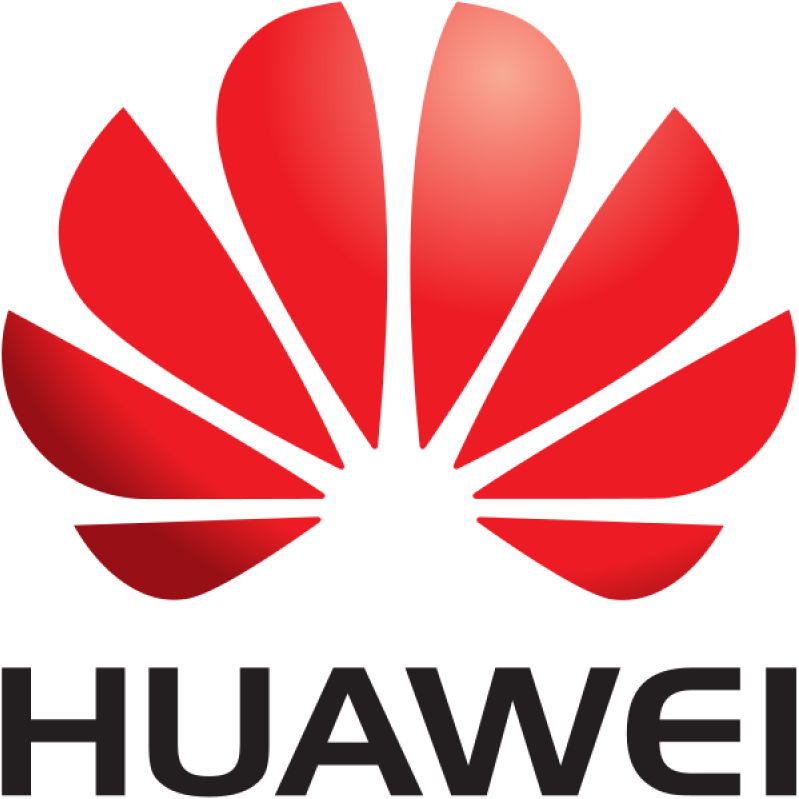
The Mate 9 is an interesting device offering from Huawei. It's a phablet that attempts to squeeze a lot of features into a rather small body. The good news is that it get things right and is a great option, especially with the high-end of the phablet market being open because of the unexpected problems that caused the pull out of the Galaxy Note 7 from the market.
Huawei Mate 9 Specs and Features
The Mate series has been around for a while and though the latest version of the phone does not look very different from the Mate 8, it's a huge upgrade when it comes to the differences that really matter. Another crucial difference is that it is more widely available than the last Mate model.
The Mate does not a lot in common with the P9, which is the flagship phone of Huawei. The phone looks very simple. The top bar just has a camera and speaker. The bottom bar on the other hand has the Huawei logo. The bezels on either side are quite small. It has one of the biggest screen to body ratios of any device available today. It's screen measures in at 5.9 inches.
It has a curved aluminum back which makes it easier to handle than what one would expect because of its enormous screen. With a thickness of 7.9mm and width of 78.9mm you might be surprised by its weight of 90 grams. Holding it, you get the impression that it is solidly built.
Though the 5.9-inch screen has a resolution of 1080 x 1920 pixels, it has good viewing angles and brightness. But it leaves a lot to be desired when compared with the screen of the Pixel XL. The Mate 9 has 4GB of RAM and is equipped with the Kirin 960 processor. That places it at the top of the list of Android devices when it comes to raw power.
You will notice how fast it can launch apps. That is largely because of Huawei's resource management system, which predicts the apps that you are likely to use. Users have commented how fast it is when launching apps, after a few days of using it, which means that it is able to successfully predict app usage. Some users say that it is faster than most Android devices that they have used so far.
The battery of the device is also impressive and can last for 36 hours without using power saving modes of any sort.






